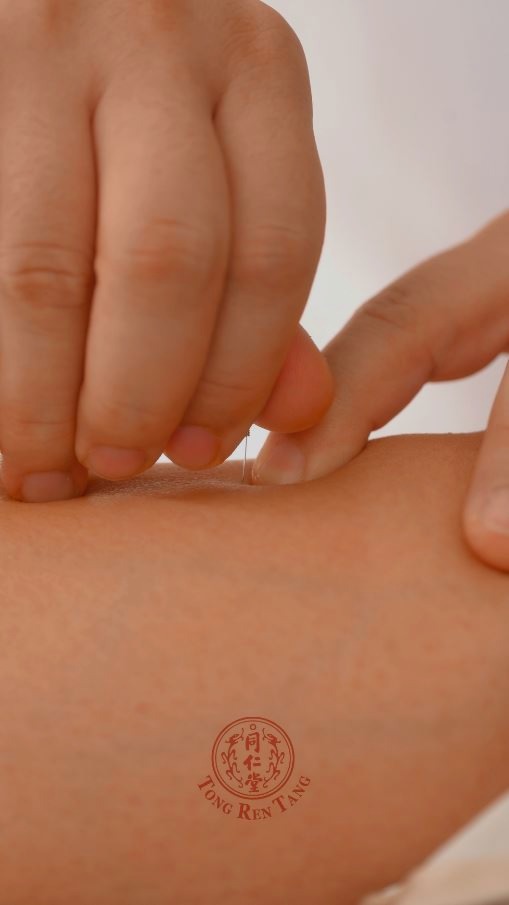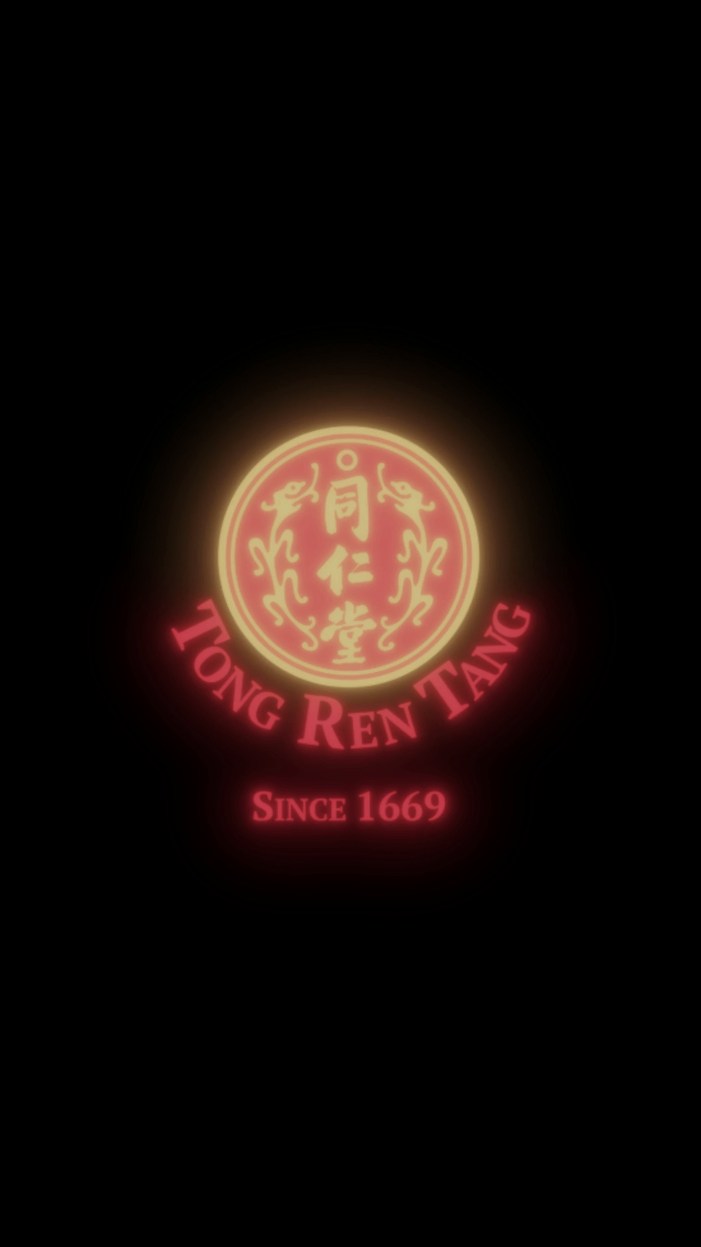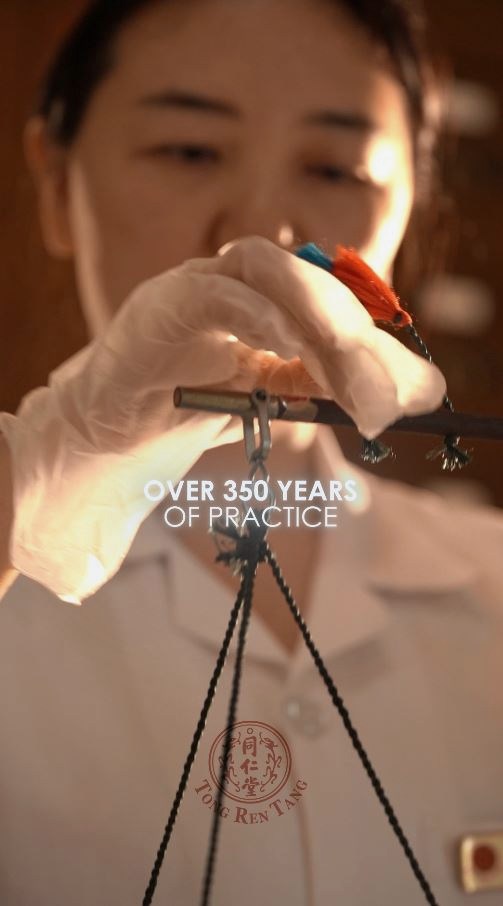Understanding Hemorrhoids in TCM
In Traditional Chinese Medicine (TCM), hemorrhoids are often viewed as a manifestation of an underlying imbalance in the body’s energy, or “Qi.” According to TCM theory, the proper flow of Qi is essential for maintaining health, and any stagnation can lead to various ailments, including hemorrhoids. This condition is frequently categorized under the broader concept of “anorectal disorders,” highlighting the significance of the organ systems involved.
TCM practitioners believe that factors such as dietary habits, lifestyle choices, and emotional stress can contribute to the development of hemorrhoids. For instance, excessive consumption of spicy foods or prolonged periods of sitting can lead to heat accumulation and dampness, which may obstruct the normal flow of Qi in the lower abdomen and rectal area. This understanding emphasizes the holistic nature of TCM, where physical symptoms are often linked to emotional and environmental influence 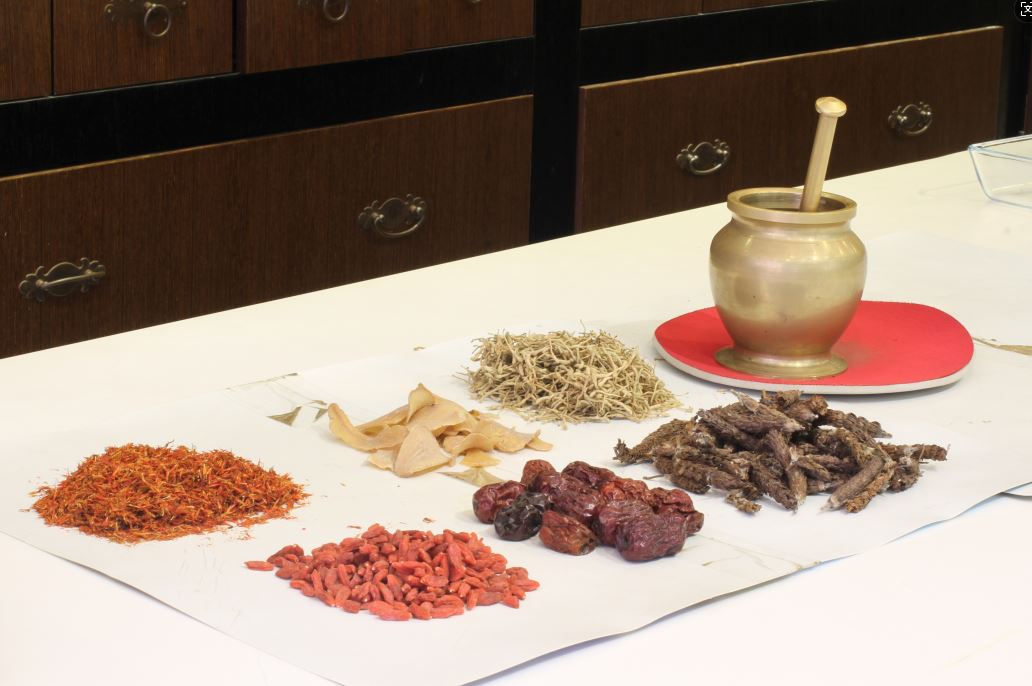
TCM Treatment Approaches
TCM offers various treatment modalities for managing hemorrhoids, including acupuncture, herbal medicine, and dietary therapy. Acupuncture aims to restore the balance of Qi by targeting specific meridian points related to the digestive system and rectal area. By promoting circulation and alleviating stagnation, acupuncture can help reduce the pain and discomfort associated with hemorrhoids.
Herbal remedies are another cornerstone of TCM treatment for hemorrhoids. Formulas such as “Yao Tong Pian” or “Huangqi Guizhi Wuwu Decoction” are commonly used to address symptoms. These herbal mixtures typically focus on clearing heat, resolving dampness, and invigorating blood flow. The selection of herbs is tailored to the individual’s specific symptoms and constitutional type, ensuring a personalized approach to treatment.
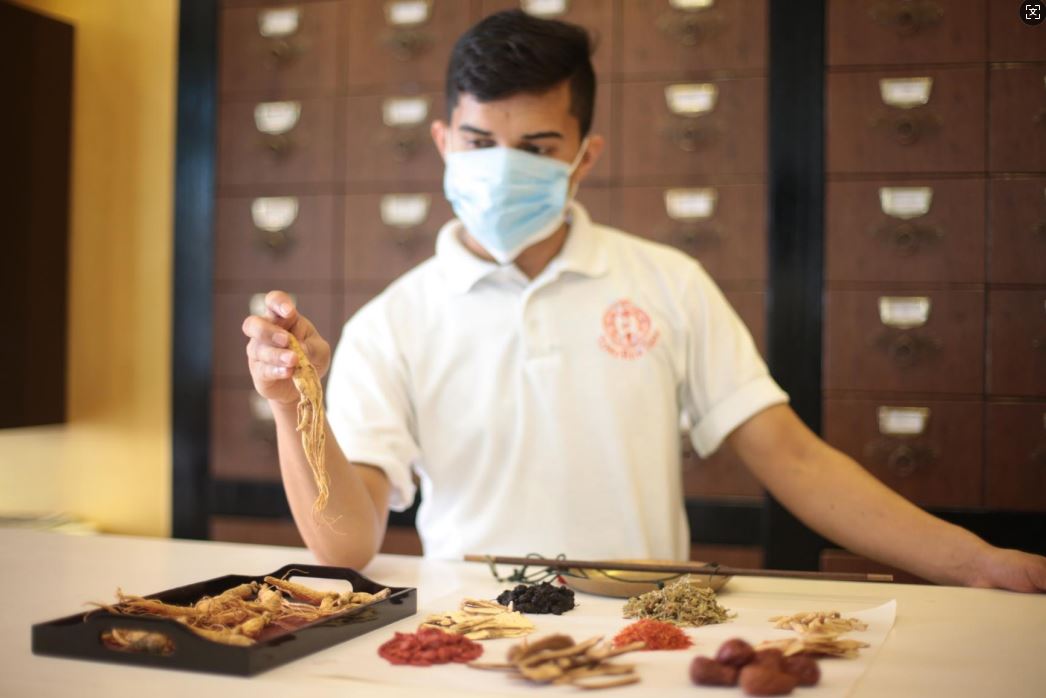
Dietary Recommendations in TCM
Diet plays a crucial role in TCM management of hemorrhoids. A balanced diet that promotes healthy digestion and prevents constipation is essential. TCM encourages the consumption of foods that are rich in fiber, such as whole grains, fruits, and vegetables, as they help to maintain regular bowel movements and prevent straining during defecation.
Additionally, TCM recommends avoiding foods that generate heat or dampness, such as spicy dishes, fried foods, and excessive dairy products. Instead, warming and nourishing foods like congee or soups made with ingredients like mung beans, lotus seeds, and goji berries are advocated. This dietary strategy not only helps alleviate hemorrhoid symptoms but also supports overall digestive healh and well-being.



